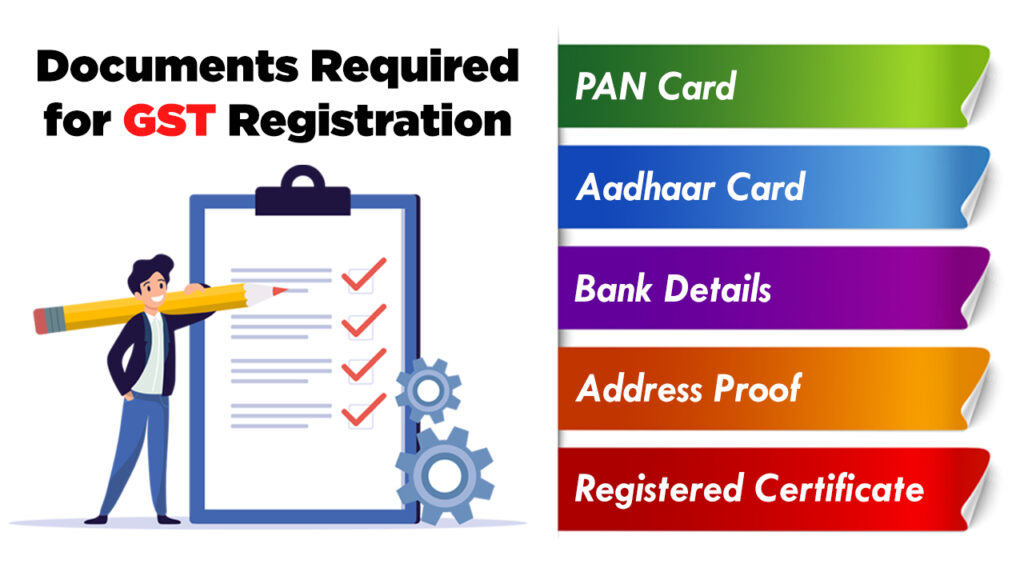Enhancing Your Singapore GST Registration: A Comprehensive Technique
The Ultimate Guide to Streamlining the GST Registration Process and Needs for Local Business Owners

Comprehending GST Basics
To comprehend the basics of the Goods and Provider Tax (GST) system, tiny service owners have to first understand its underlying effects and principles. Under the GST regime, services are required to sign up and gather tax obligation on behalf of the federal government, guaranteeing openness and compliance.
Among the essential concepts of GST is input tax credit rating, which permits companies to assert credit score for taxes paid on their acquisitions. This mechanism protects against the cascading impact of taxes and promotes efficiency in the tax system. In addition, GST is a destination-based tax, indicating that the tax is imposed at the point of consumption instead than the point of beginning. This makes sure reasonable distribution of tax obligation profits amongst states based on where the services or items are taken in. Understanding these standard principles is critical for local business proprietors to browse the intricacies of the GST system and make sure conformity with the legislation.
Qualification Requirements for Enrollment
Having established a fundamental understanding of GST principles, little company owners should now meet specific eligibility requirements to continue with the registration procedure (Singapore GST Registration). Businesses that were registered under the previous tax regimen (VAT, solution tax, etc) are additionally mandated to register under GST. Farming organizations that only provide create out of key manufacturing are exempt from GST registration.
Documents Needed for GST Registration

Simplified Enrollment Process Steps
Following the collection and verification of the requisite advice papers, the registration process for GST can be browsed with a series of simplified actions designed to assist in reliable compliance for small business proprietors. Upon successful confirmation, an Application Reference Number (ARN) is released, indicating the completion of the GST registration process. By complying with these streamlined actions, tiny organization owners can properly register for GST and make sure compliance with tax obligation policies.
Tips for Ensuring Compliance
To preserve regulative adherence and operational integrity, thorough oversight and positive steps are essential in making sure compliance with GST needs for small company proprietors. Local business proprietors have to stay updated with GST regulations, filing target dates, and any modifications in tax obligation prices to stay clear of penalties and maintain a great standing with tax obligation authorities. One vital idea for conformity is to keep detailed and exact documents of all purchases, consisting of costs, invoices, and invoices associated to GST. Regularly resolving economic records with GST returns can help in determining and rectifying any type of discrepancies quickly. Additionally, performing regular internal audits or looking for specialist assistance can guarantee that the company is following all GST rules correctly. It is additionally vital for little company owners to purchase GST-compliant accounting software that can enhance the tax declaring process and reduce errors. Attending GST awareness workshops or training programs can improve understanding and compliance with GST policies, eventually benefiting the service in the long run.
Verdict
In final thought, little company owners need to comprehend the essentials of GST, satisfy over here the qualification criteria, gather necessary records, and follow the simplified enrollment process steps to ensure compliance. By simplifying the GST enrollment procedure and needs, small company proprietors can stay clear of fines and operate their services efficiently within the legal structure - Singapore GST Registration. It is critical for small business proprietors to remain informed and certified with GST laws to preserve a successful company procedure
Tiny business owners seeking GST enrollment should ensure they collect and submit the necessary records to complete the registration process effectively. The papers needed for GST registration generally consist of evidence of business enrollment or consolidation, FRYING PAN (Permanent Account Number) card of the company entity, address and identification proof of the promoters/partners/directors, pictures, address evidence of the location of company, bank account statements or terminated cheques, and permission types. Attending GST awareness workshops or training programs can improve understanding and conformity with GST guidelines, ultimately profiting the business in the lengthy run.
By streamlining the GST registration process and demands, little business owners can prevent penalties and run their organizations efficiently within the lawful structure. It is vital for tiny business proprietors to stay informed and compliant with GST laws to preserve an effective service operation.